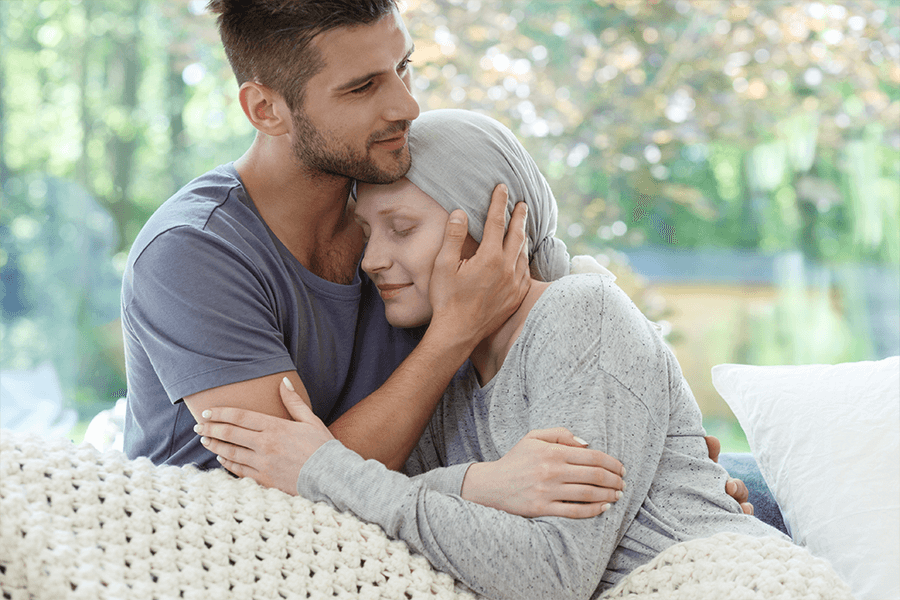It is a natural instinct to help a dying family member or friend.
Your care, empathy and compassion shown in practical support will be challenged in witnessing their suffering. At the same time we may worry if we are doing the “right thing” in meeting the needs of the person who is dying and not causing harm or distress. As a result, you may be unsure about how best to help.
As someone who is important to your loved one, you may find yourself being a central part of their final days. As a result, you may be unsure about how best to help.
Dr Simon Noble, a British palliative care physician, writing in the book ‘How to Have a Good Death’, advises: “One way to approach the question of what the dying person needs from you is to consider what he or she needed from you when they weren’t dying.
“If you are the person’s partner, that’s what he or she still needs: someone to be there. If he or she was your mate who you went down to the pub and talked rubbish with, that’s what he or she needs now: someone to hang out with.”
He adds: “From conversations with patients who are dying, it seems that the thing they value most from friends, loved ones and professionals is openness and honesty.
“Admitting that you don’t know what to say is more valued than some banal comment offering false hope or promises. They are not looking for you to make it all right. They just want you to be you.”**
**Henderson, D. et. al (2006) How to have a good death (London: Dorling Kindersley), p59-60.
It’s important to listen to the needs of the dying person, acknowledging and validating their concerns and anxieties. The dying person may have practical concerns they wish to discuss which you may find difficult, such as loose ends they want to tie up, or plans they would like to make for their funeral. A dying person will want their wishes heard and practically met. If you do not have the capacity to assist them, we may find people and resources who meet these needs.
At the same time, we must seek our own supports – other friends, counsellors, spiritual advisers, chaplains and companions who can walk with us as we accompany the dying person. It is important for us to be honest about our resources and capacities to care and to seek support in those times when we ourselves are struggling.
They may have practical concerns they wish to discuss which you might find difficult, such as loose ends they want to tie up, or plans they would like to make for their funeral. But it is very important for a dying person to feel that their wishes have been heard and met when it suits them – even if others feel this is not the right time.

